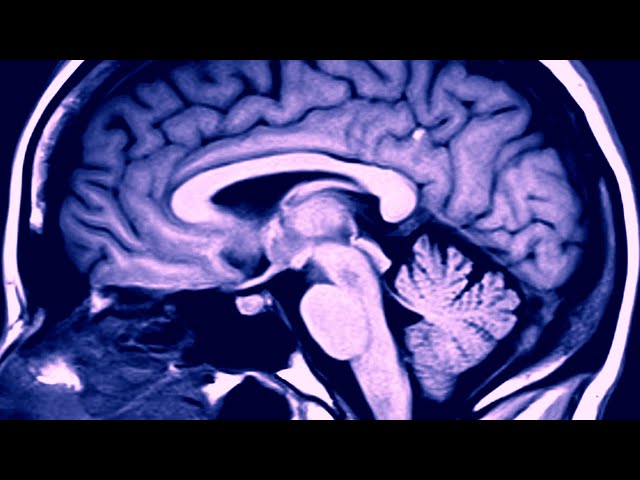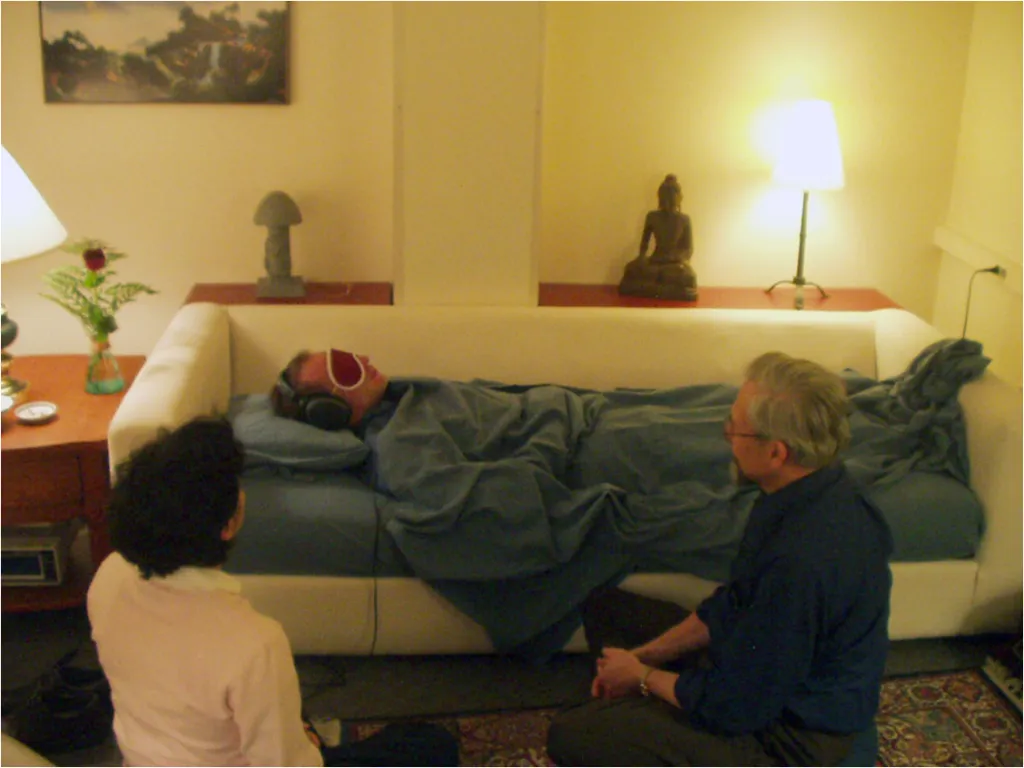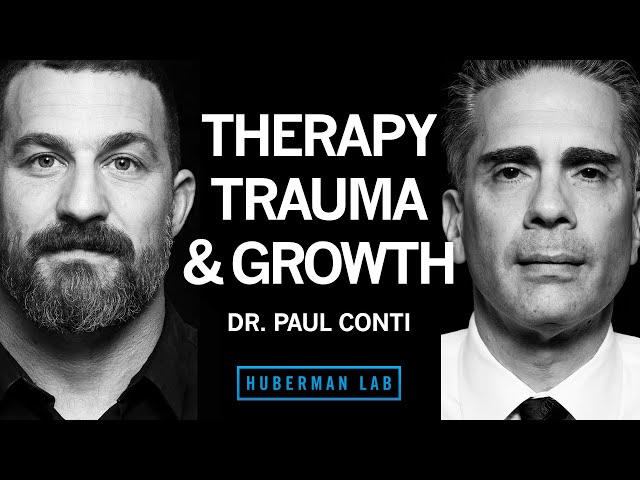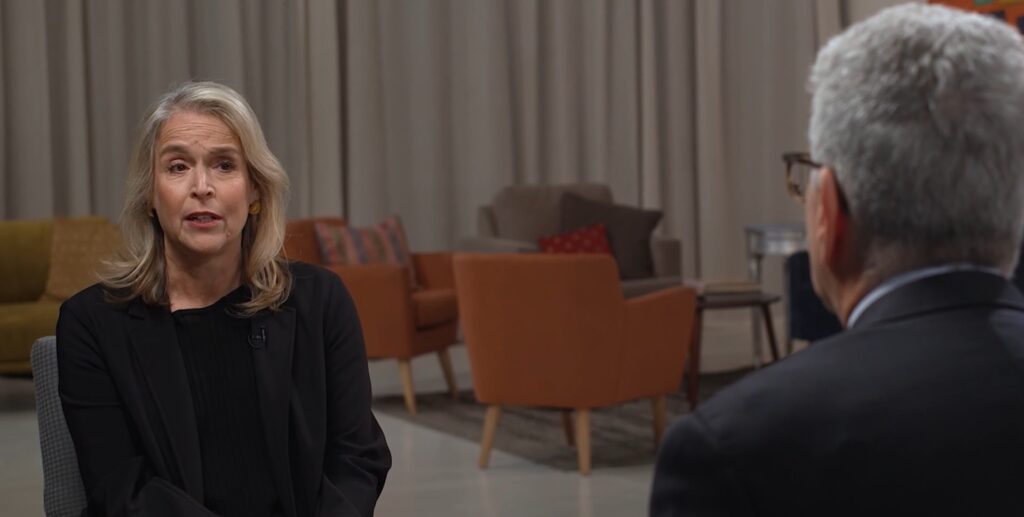
Psychedelic Assisted Psychotherapy
At this time, Ketamine Assisted Psychotherapy (KAP) is the only legal psychedelic medicine available in New York State.
We work closely with Expert Medical Providers to provide our patients with a medically safe, emotionally secure, and holistic medicine experience.
What is Psychedelic Assisted Psychotherapy?
True healing requires an alignment between the body, the mind, and the spirit. This is a universal truth that can be observed in all major theories or religions focused on overall well-being. We also can become blocked or disconnected from one or more aspects of these three pillars.
Psychedelic Assisted Psychotherapy attempts to help remove these blocks and acts as a catalyst for movement, growth, and ultimately re-connection with our authentic selves
This model provides one or more dosing sessions where the patient is actively experiencing the effects of the psychedelic medicine. All of this happens within a therapeutic environment and under the care of a certified clinician.

How Do Psychedelics Support Healing and Growth?
At certain points in life—especially during childhood—the brain is naturally wired for growth, curiosity, and connection. During these periods, it’s easier to learn new things, form relationships, and adapt to the world around us.
As we grow older, this flexibility, known as neuroplasticity, gradually decreases, which can make change feel harder, especially when it comes to long-standing emotional patterns or habits.
Exciting new research shows that psychedelics can temporarily reopen this window of growth, offering the brain a renewed ability to change, heal, and form new, healthier connections.

What Is Neuroplasticity?
Neuroplasticity is the brain’s ability to adapt and reorganize itself. It’s how we learn, how we grow, and how we recover from setbacks—whether emotional or physical.
Psychedelics appear to boost this natural capacity, creating a unique environment in which new perspectives, habits, and emotional insights can take hold more easily. This process helps prepare the mind for deeper change, both during and after the experience.
Following a psychedelic session, the brain can enter an extended period of heightened openness—sometimes lasting days or even weeks—depending on the medicine used. During this time, people often notice an increased ability to shift old patterns, more emotional clarity, and a greater openness to new experiences. This makes it a powerful window for meaningful insight, learning, and change.
Why Integration Matters
While psychedelics can open the door to deep personal insight, lasting change happens through integration—the process of weaving those insights into everyday life. Working with a skilled professional during this time helps translate the experience into real, sustainable growth.
While psychedelics can open the door to deep personal insight, lasting change happens through integration—the process of weaving those insights into everyday life. Working with a skilled professional during this time helps translate the experience into real, sustainable growth.
When integration is paired with the brain’s enhanced ability to form new connections, the changes are not only more noticeable—they’re more likely to last.
Timing Is Everything
Because the brain is especially receptive in the days following a psychedelic experience, we encourage clients to schedule an integration-focused therapy session within a specific window of time.
This is a chance to make the most of your brain’s natural healing potential—helping you build new perspectives, strengthen emotional resilience, and support lasting transformation.
Awakening the Healer Within
At AK Psychology Group, we see healing as a process of reconnecting with the wisdom and resilience already present within you. Psychedelic-assisted psychotherapy creates a space for deep self-exploration, where modern therapeutic practices and the transformative power of the medicine come together
The medicine doesn’t heal you — it helps you access the part of yourself that knows how to heal. Our role is to guide, support, and walk beside you as you strengthen that connection and integrate what you discover into lasting change.

What Does This Look Like in Practice?
The therapeutic process isn’t just about the medicine—it’s about what it opens up within you. We refer to the psychedelic sessions as “Medicine Days,” not just because a substance is involved, but because these experiences help you reconnect with the medicine that already lives inside you.
This “inner medicine” is your natural capacity to heal, grow, and find peace. It’s the part of you that knows how to shift old patterns, move through emotional wounds, and build a more meaningful life.
Psychedelics create a space where you can access that part of yourself—sometimes for the first time in years.
Psychotherapist David Bedrick describes this journey beautifully. He identifies three essential movements in the healing process:
- Awareness – Many people aren’t fully aware of the healing energy they carry. It can be hidden beneath shame, trauma, or cultural conditioning. In some cases, your inner strengths are so unique that they’ve gone unrecognized by those around you. In our work, we help you rediscover what’s always been there.
- Contact – Awareness is only the first step. Real transformation happens when you make contact with your inner medicine. That might look like feeling something shift in your body, noticing your dreams or emotional patterns with new clarity, or recognizing moments when your true self comes through. Together, we help you attune to those moments.
- Access – Healing isn’t just a one-time event. It’s about building a lasting connection to your inner resources so you can return to them again and again. With practice and support, that connection becomes stronger and more reliable, guiding you toward a deeper sense of alignment in your life.
A Path Toward Lasting Change
Healing is not about fixing what’s broken — it’s about rediscovering the strength, clarity, and wholeness that have always been within you. Psychedelic-assisted psychotherapy offers a powerful opportunity to open that door, and integration helps you walk through it.
If you’re curious about this path, we’re here to walk alongside you.
Resources

Ketamine & Depression: How it Works – Yale Medicine Explains
New therapies like ketamine are changing how depression is understood and may pave the way for future research that helps us understand the brain in all of its complexity.

A Psychedelic Drug Passes a Big Test for PTSD Treatment
A new study shows that MDMA, known as Ecstasy or Molly, can bring relief when paired with talk therapy to those with severe posttraumatic stress disorder.
by Rachel Nuwer

Love: The Nature of Our True Self
My Experience as a Guide in the Johns Hopkins Psilocybin Research Project
by MARY COSIMANO, M.S.W.

Dr. Paul Conti: Therapy, Treating Trauma & Other Life Challenges
This episode is must listen for anyone seeking or already doing therapy, processing trauma, and/or considering psychoactive medication. Both patients and practitioners ought to benefit from the information.

A Balm for Psyches Scarred by War
MDMA-assisted treatment for post-traumatic stress disorder “represents real hope for long-term healing,” health experts say.
by Rachel Nuwer
Contact us for more information on this treatment




